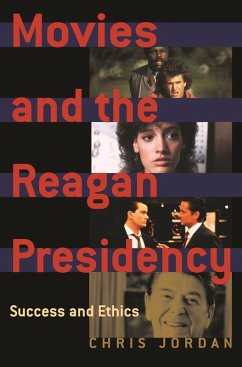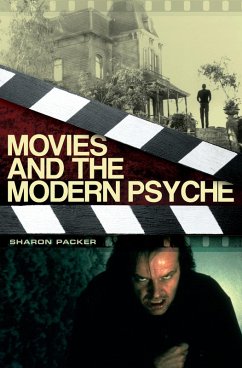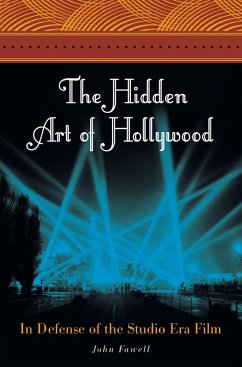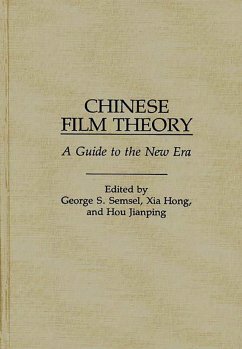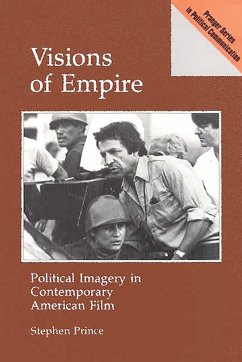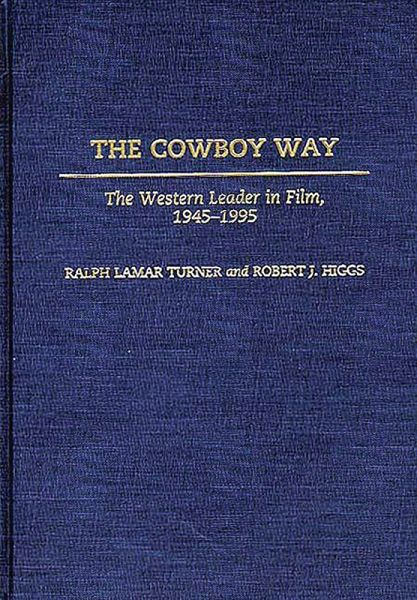
The Cowboy Way (eBook, PDF)
The Western Leader in Film, 1945-1995
Versandkostenfrei!
Sofort per Download lieferbar
60,95 €
inkl. MwSt.
Weitere Ausgaben:

PAYBACK Punkte
30 °P sammeln!
Analyzing a sample of 25 films, including such notables as Red River, Shane, Unforgiven, The Wild Bunch, Wyatt Earp, and Dances with Wolves, this work examines traditional leadership theories as reflected in the western film genre. The western vividly portrays a variety of leadership styles, motifs, and characteristics giving perspective on several traditional leadership theories. The different leadership styles the films exhibit are categorized and described through content analysis. Some of the concepts and underlying theories and styles reveal a universal quality about leadership that trans...
Analyzing a sample of 25 films, including such notables as Red River, Shane, Unforgiven, The Wild Bunch, Wyatt Earp, and Dances with Wolves, this work examines traditional leadership theories as reflected in the western film genre. The western vividly portrays a variety of leadership styles, motifs, and characteristics giving perspective on several traditional leadership theories. The different leadership styles the films exhibit are categorized and described through content analysis. Some of the concepts and underlying theories and styles reveal a universal quality about leadership that transcends theoretical research. As a cultural study that traces the relative popularity of leadership styles, this work provides new insight toward studying leadership effectiveness.
Through the lens of leadership theory, this unique look at the western films from 1945 to 1995 and the American culture they depict will appeal not only to leadership, film, and popular culture scholars but to leaders in business, government, and the military. Chapters group films by their similar depiction of leadership styles. Within each chapter the films are separately described, then each is explored within the context of leadership theory. Films prior to 1980 are included on the basis of their critical or commercial success, while films after 1980 are included on the basis of their box office success or their individual portrayals of gender or cultural leadership.
Through the lens of leadership theory, this unique look at the western films from 1945 to 1995 and the American culture they depict will appeal not only to leadership, film, and popular culture scholars but to leaders in business, government, and the military. Chapters group films by their similar depiction of leadership styles. Within each chapter the films are separately described, then each is explored within the context of leadership theory. Films prior to 1980 are included on the basis of their critical or commercial success, while films after 1980 are included on the basis of their box office success or their individual portrayals of gender or cultural leadership.





